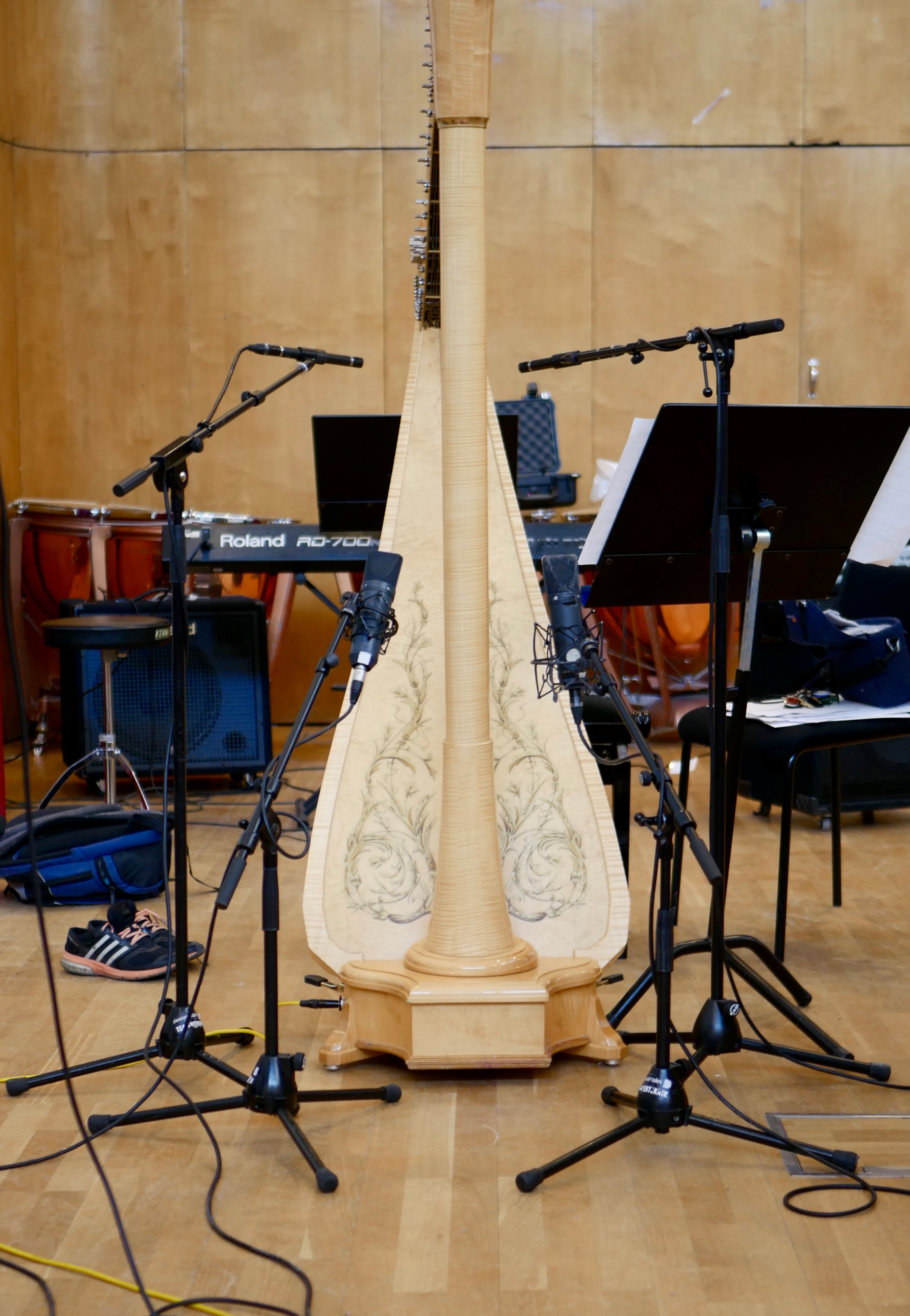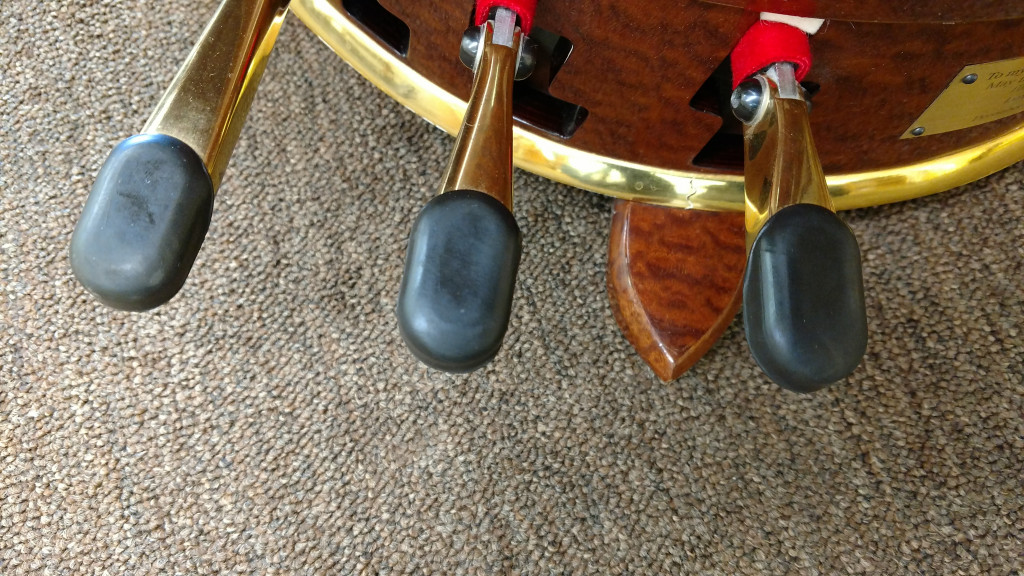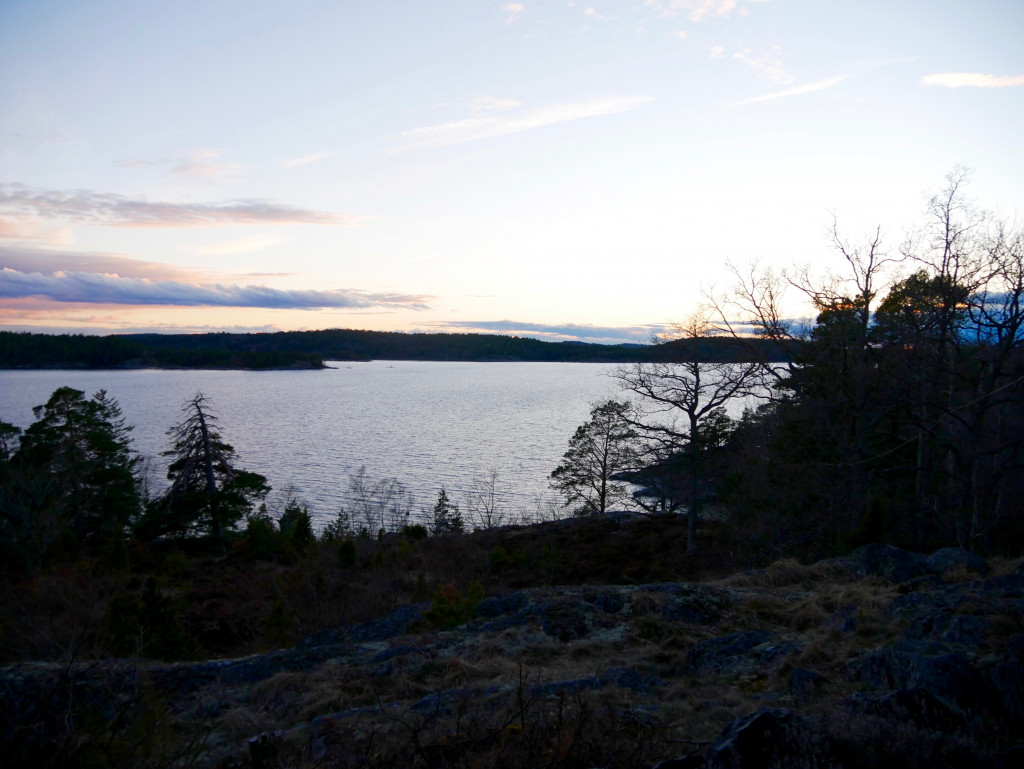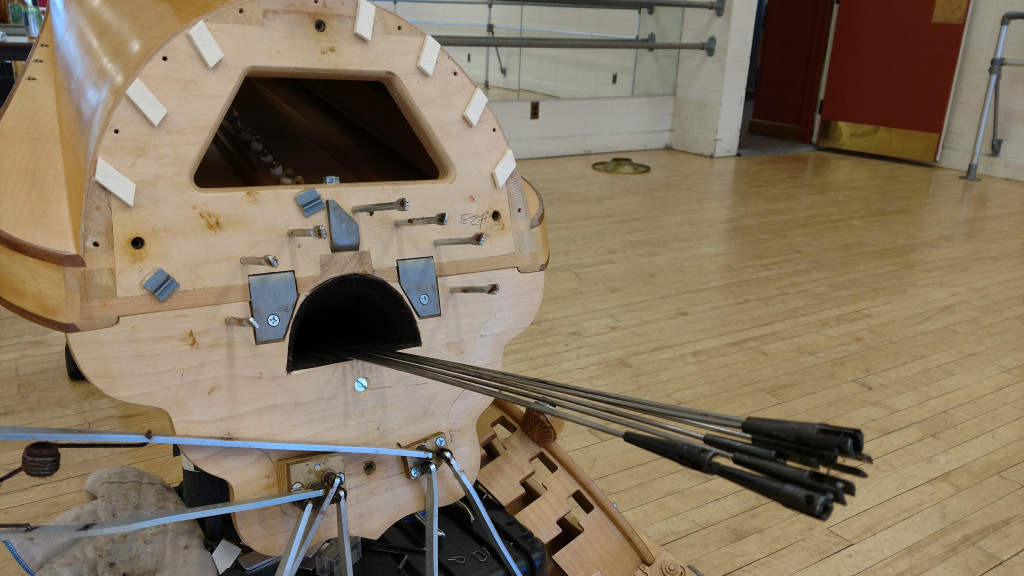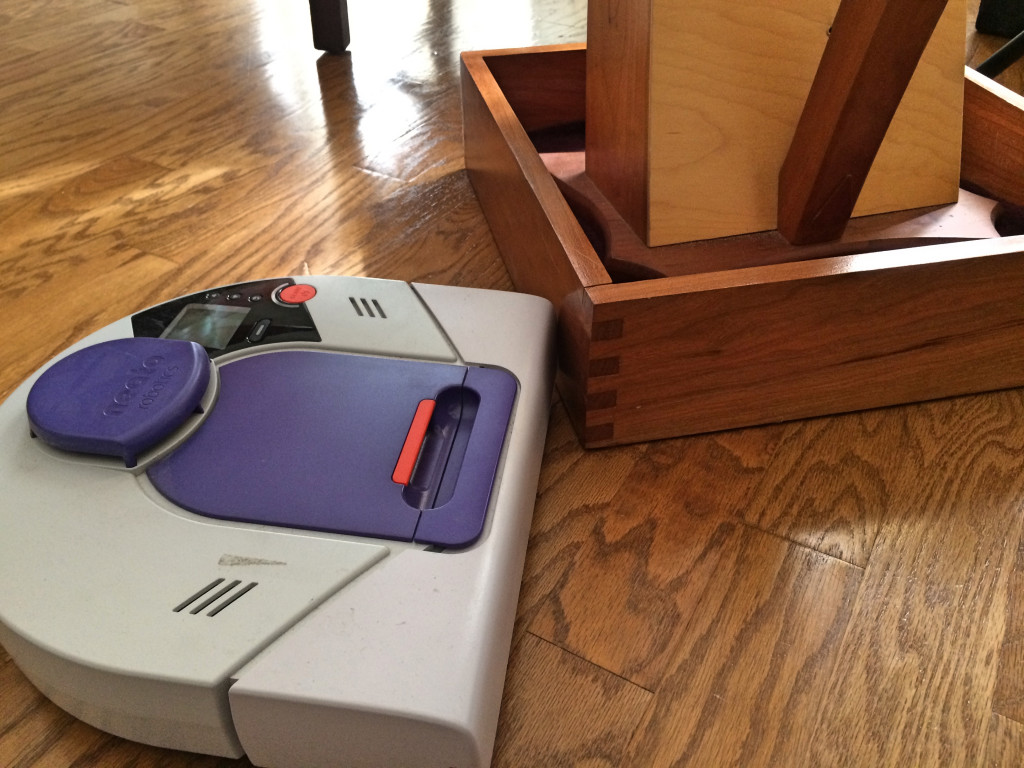This is how I started to learn the harp:
There was a form to be filled in to start learning an instrument at the Music School. I ticked the box for “Harp”.
I wish everything was that simple. You choose a skill that you would like to have, tick a box, go to your lessons, (practice for 10 000 hours….), and there you are! Just like in the movie Matrix, “I know Kung Fu”. Or the harp.
Well, it is of course not that simple, but parts of learning an instrument actually is. We cannot take the short cut as they do in Matrix, to program our bodies to certain movements in the blink of an eye. But instead, to program our bodies is kind of what we do while practicing, but at a much slower pace.
We practice to produce a beautiful controlled sound each time we pluck a string, we program ourselves to move the pedals in Debussy’s Dances in the same way each time. And then, of course, we are supposed to add our beautiful, soulful phrasing on top of this, as the frosting on a perfect cake.
It is not easy to do this of course, as it challenges both our body and mind to stay as many hours as possible in the practice room. But in theory, it is simple. There is a method, follow it, practice, success.
So would it even have been possible for Keanu Reeves to have said “I know how to improvise” after a session in the learning program? What would it even mean?
“I know how to react spontaneously to any given situation”
“I know how to listen to my inner voice and express it on an instrument”
“I know how to play around and have fun”
I don’t know. It is an intriguing thought, though, isn’t it? And it brings us to the subject, how do we really learn to improvise?
My beginner’s students are really the masters of improvisation. They are given access to a harp, and they play around. Their improvisations are amazing, they listen attentively to the sounds they produce and react to them. Though, as the journey continues, their self-awareness grows and they focus more on the path of programing the body for a good harp technique, where “right” and “wrong” exist, and they tend to apply that also to their spontaneous improvisations. (I try to encourage them, I promise, but I think this might be a path that many of us have to walk.)
So, when we have become self-aware and self-conscious, we need to go back to our playful selves. And how do we do that? It sounds to me like a Matrix-programing reversed…
As a parent, my kids sometimes want to play with me. And I find myself struggling. To go back to that playful mindset of a child, where anything is possible and everything is fun, is so hard for me. To play in a way so that the concept of time and place disappears. And that is what improvisation is to me. And I think it is scary to let myself become a child again.
But I think there is a way to return to that open mindset of a child, and it is to practice to do it. And to practice improvisation is to improvise. In the practice room, with others, in concerts, at jam sessions. Just do it. As I force myself to play with my children, suddenly I have lost track of time as I turned into an alien space monster eating human princesses, aka my children. And I grow better at playing and don’t feel afraid to do it anymore.
Take time to improvise and love what you hear.
I think there are many harpists with me who both enjoy playing classical music as well as the concept of improvisation. I just want to point out that I walked down the path of learning to play the harp, and of course it is not simple. But going from a task-based learning experience (by next week you need to know the harp part of “La Mer”… etc) to improvise from the heart is a challenge as well, and I think many skilled instrumentalists would agree with me. As a diplomatic, scared-of-conflict Swede, I don’t want to step on anybody’s toes though 😀






